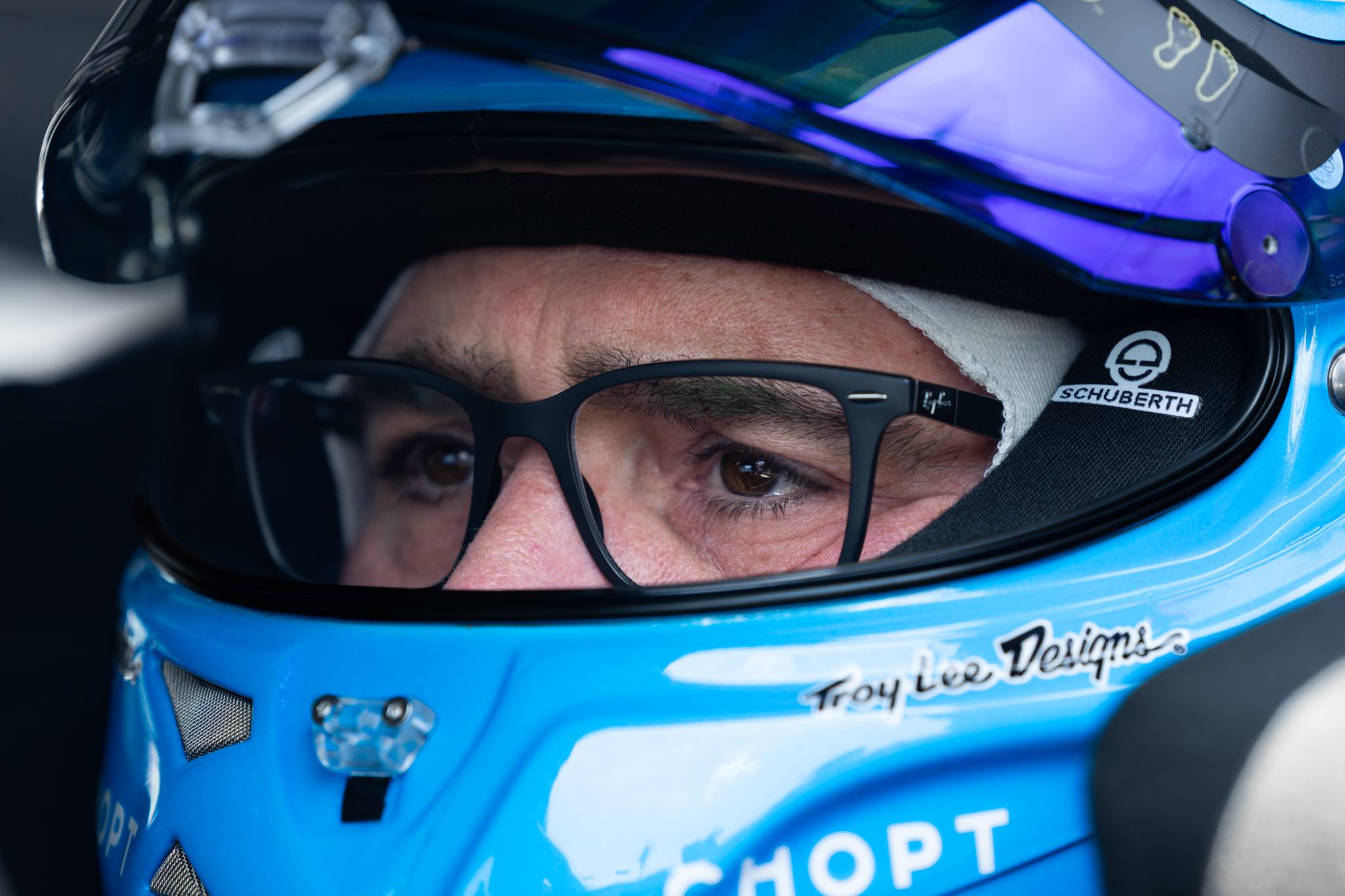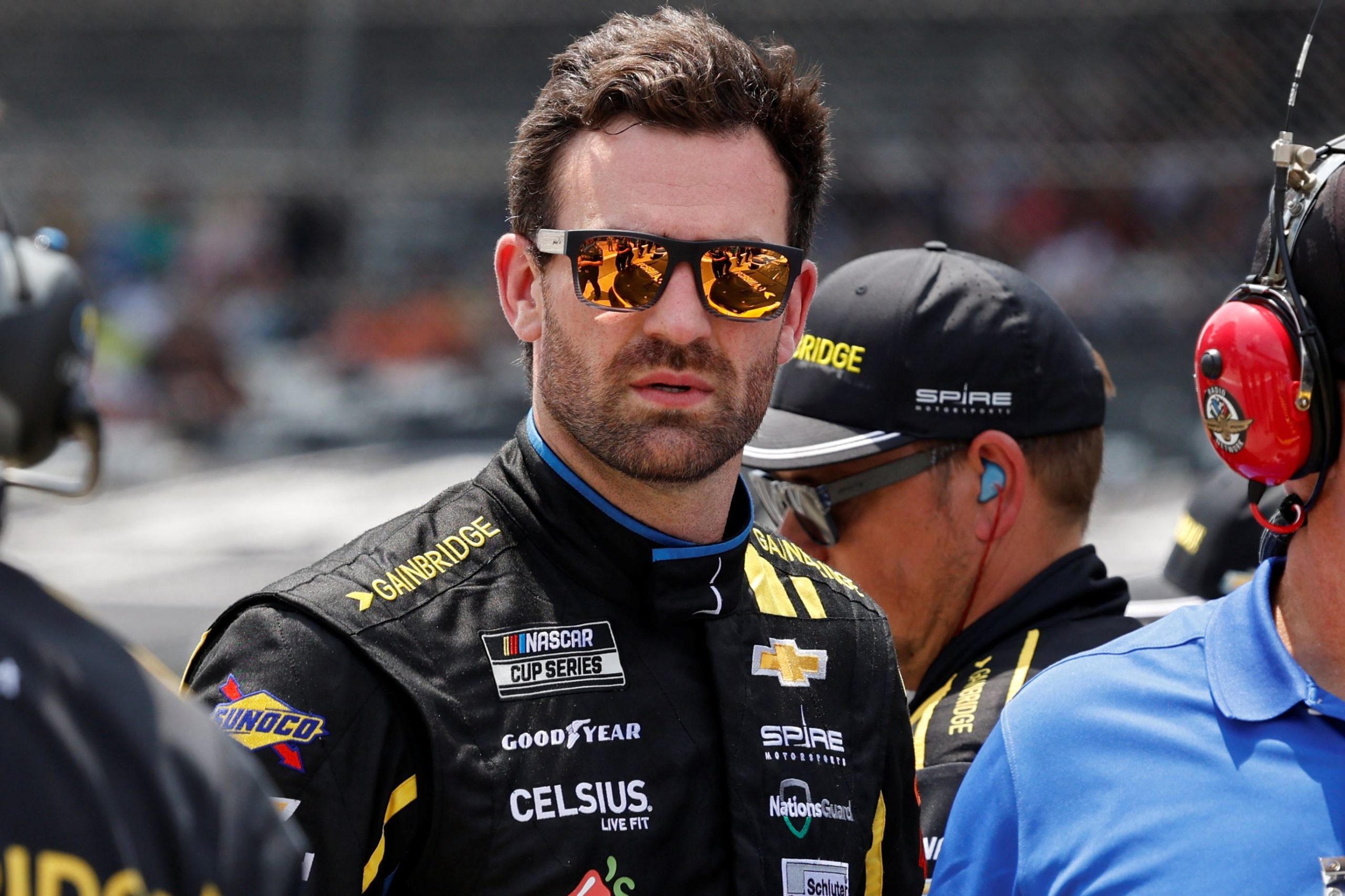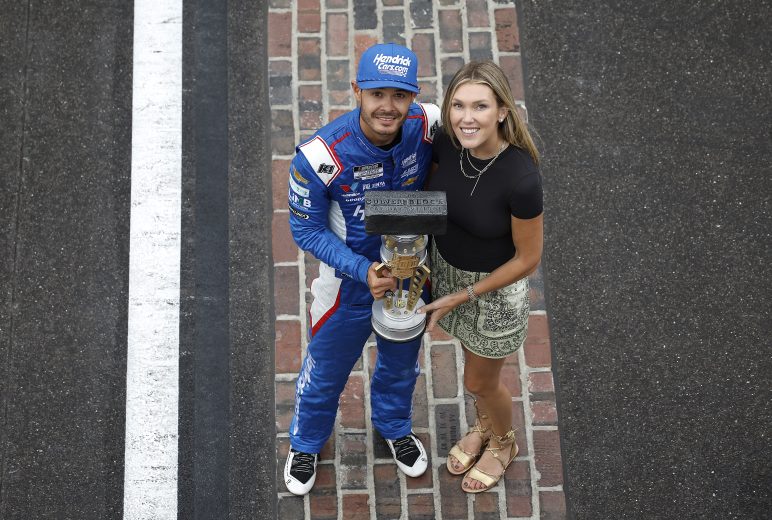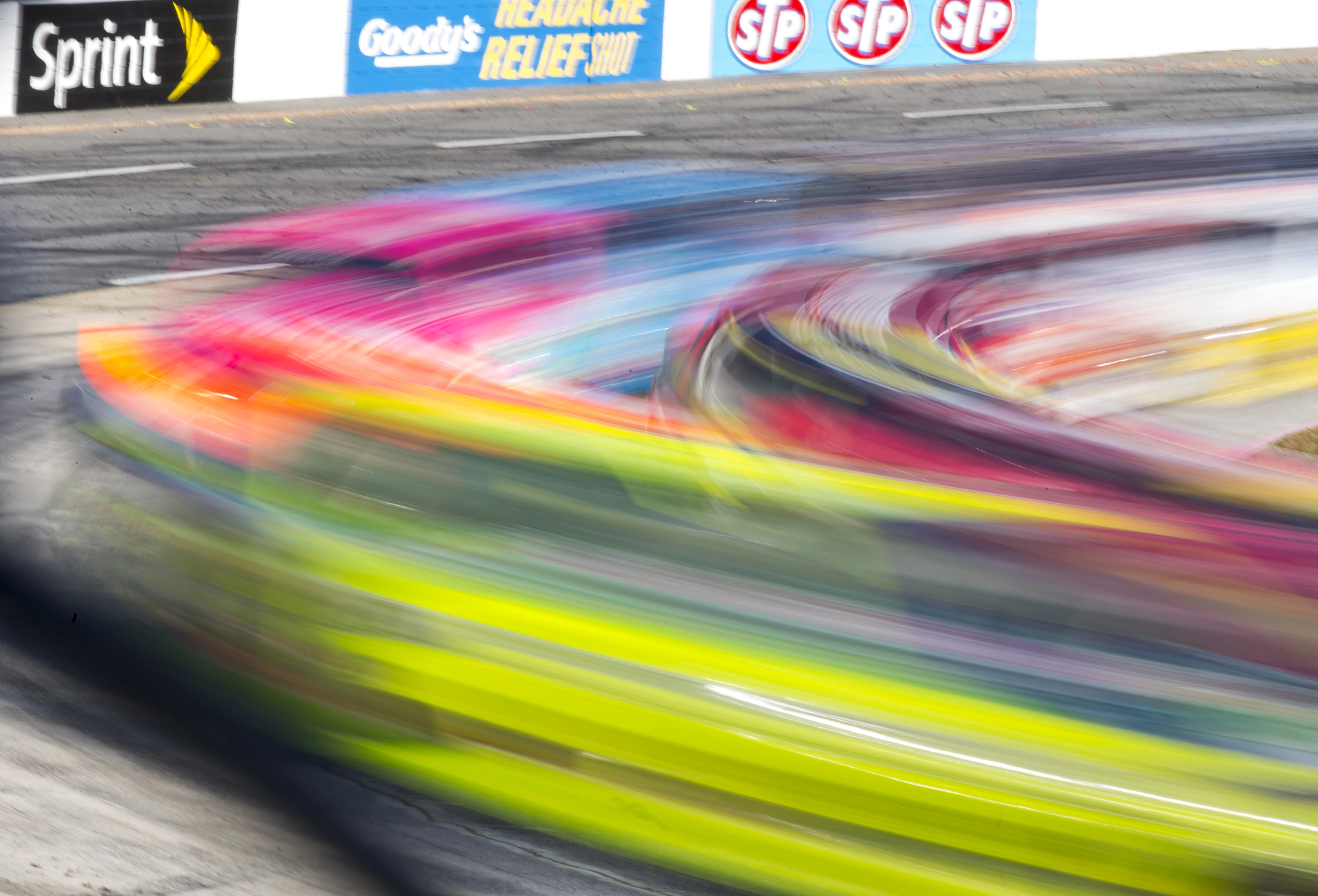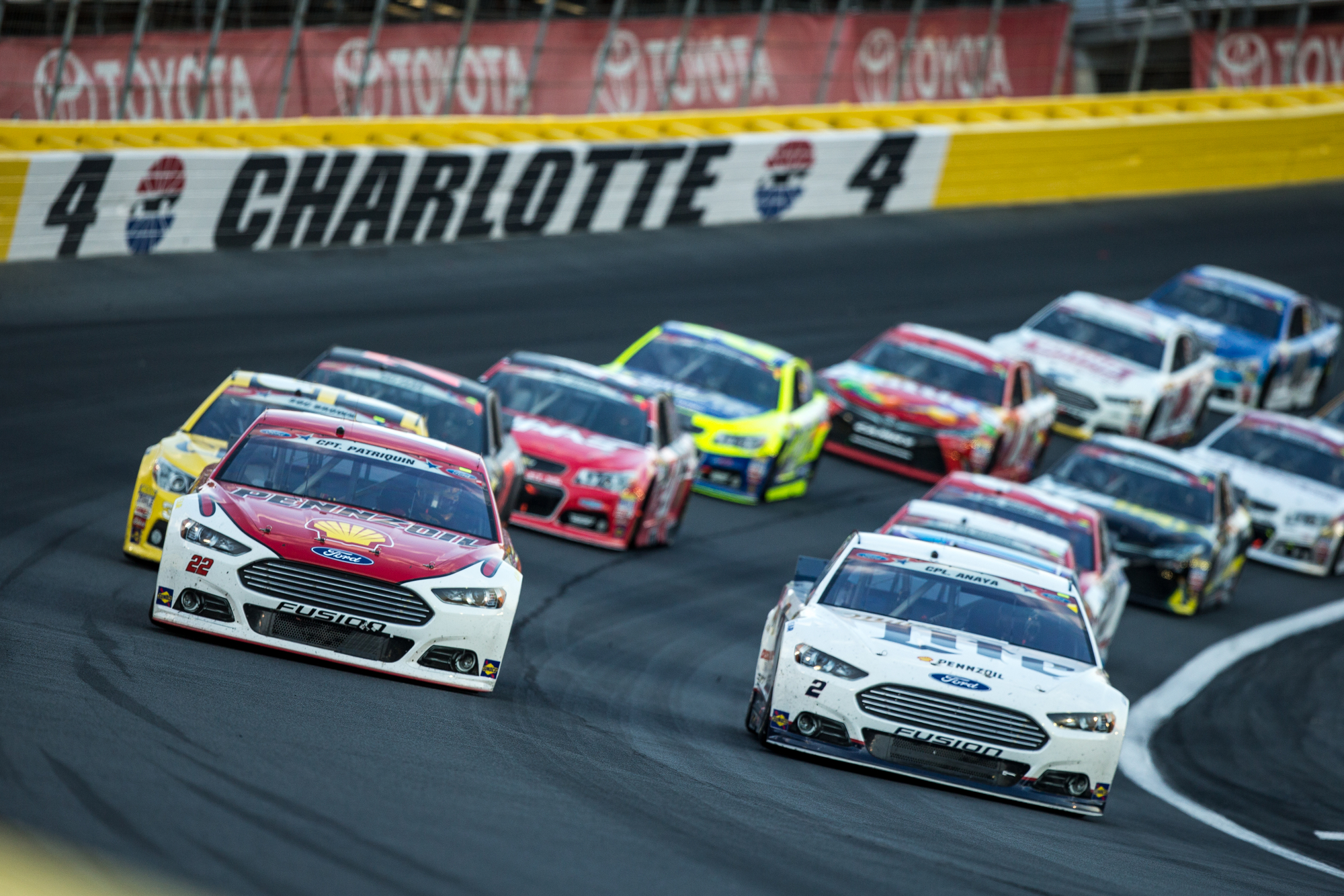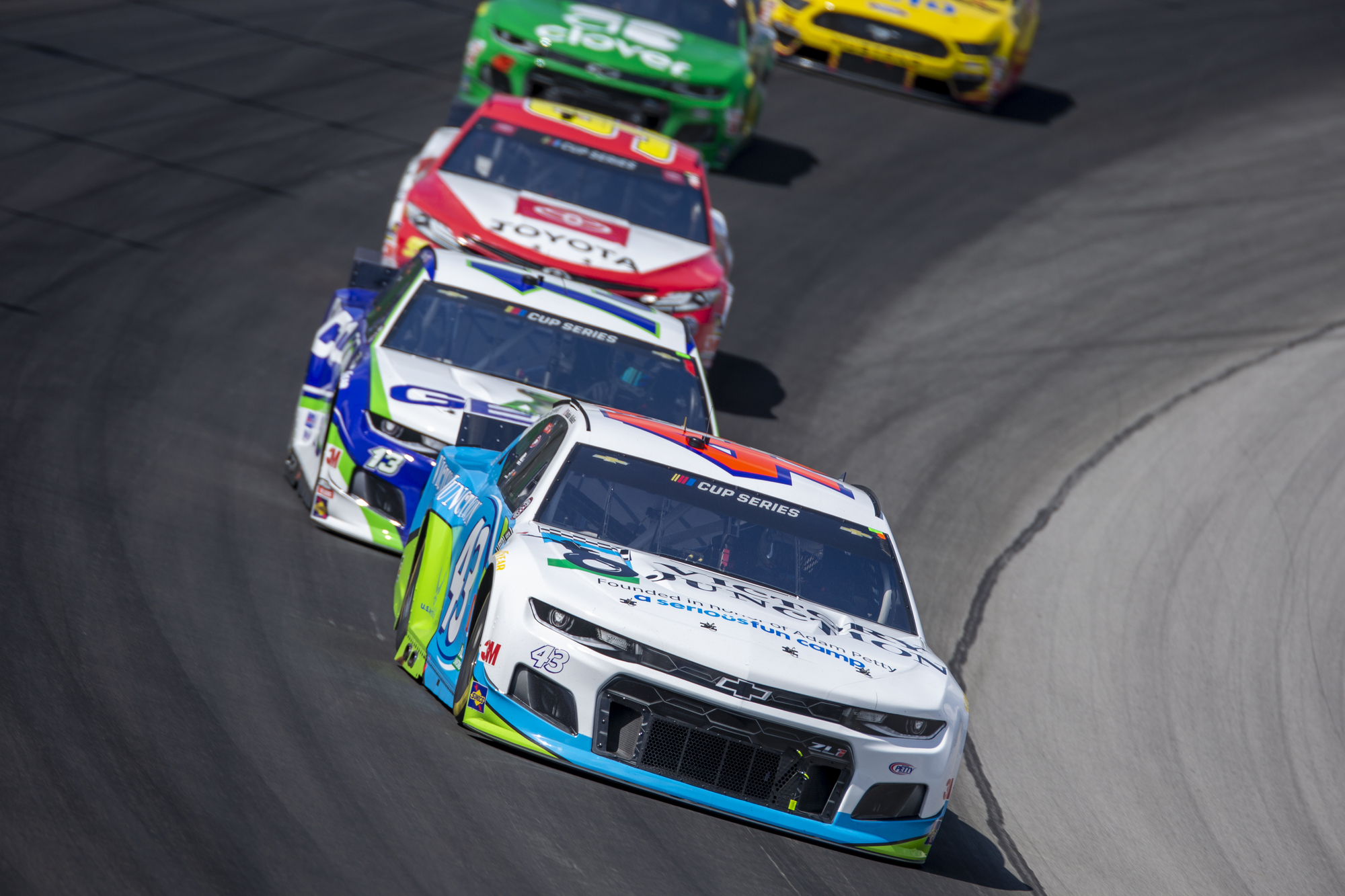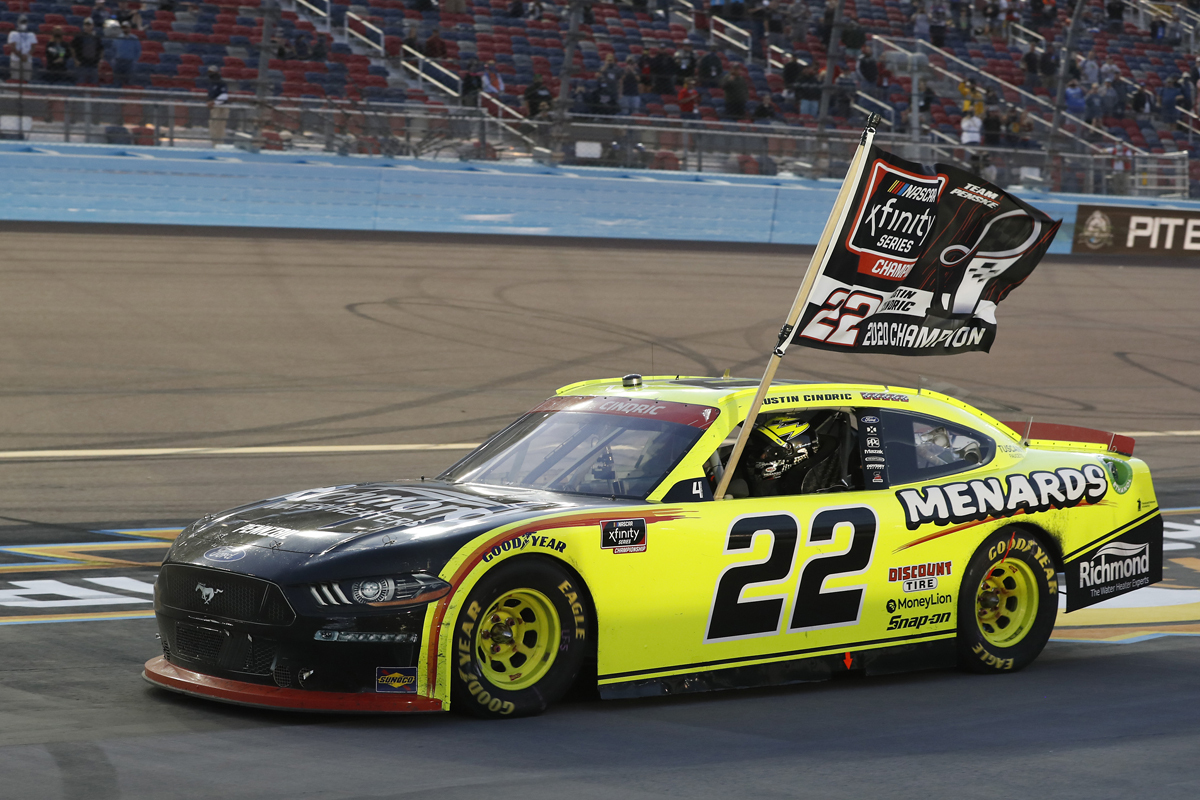How Do NASCAR Drivers Pee?
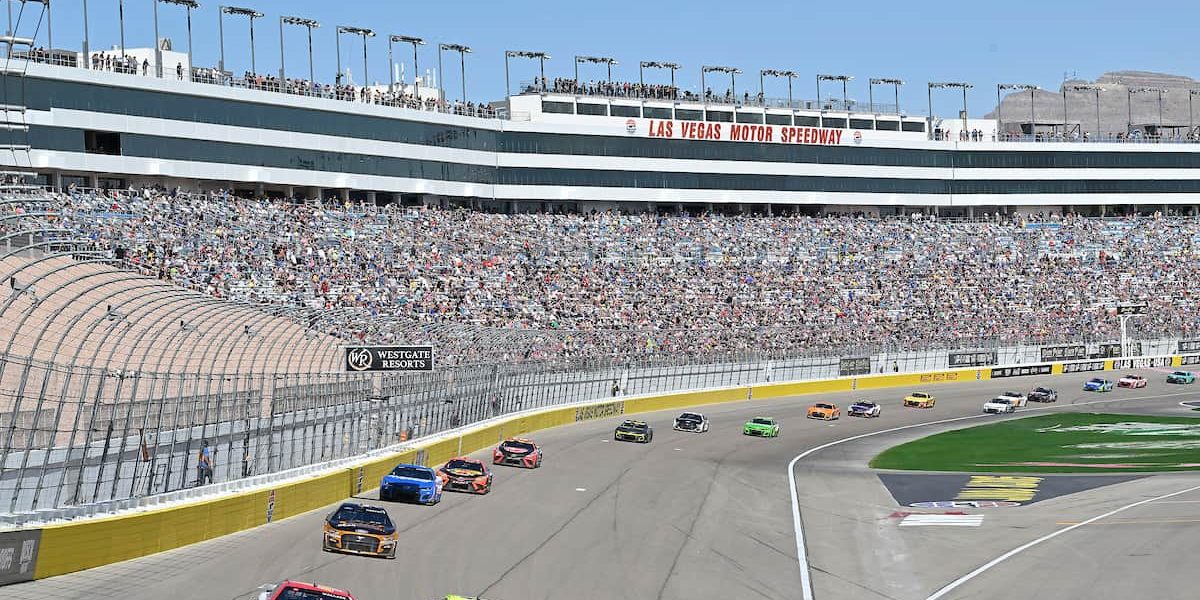
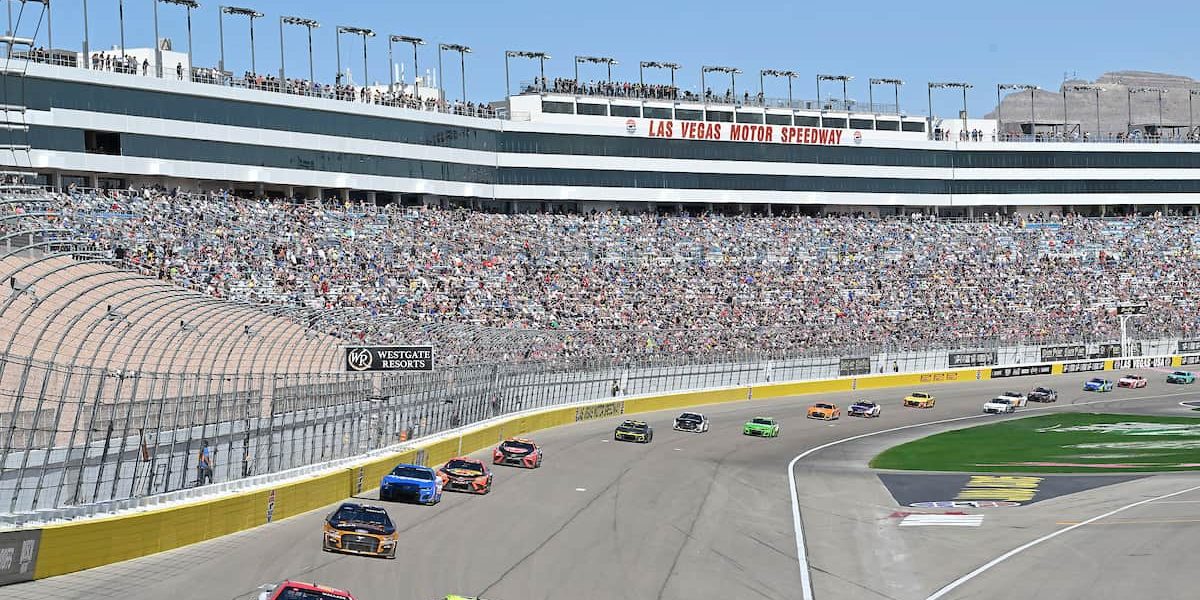
NASCAR drivers face a unique challenge when it comes to relieving themselves during races, as they are confined to their cars for long periods of time, so just how do NASCAR drivers pee? Here are a few ways that NASCAR drivers have been known to deal with this issue:
- Use a catheter: Some drivers choose to use a catheter, which is a small tube that is inserted into the bladder through the urethra. The catheter can be connected to a bag, allowing drivers to urinate without having to stop the car or get out of their seat.
- Use a “relief bottle”: Some drivers use a small bottle or container, known as a “relief bottle,” to urinate into while they are driving. The bottle can be sealed and disposed of later.
- Make a pit stop: If a driver needs to relieve themselves but cannot wait until the end of the race, they may choose to make a pit stop and use the facilities in the pit area. This can be done quickly, but it will cost the driver valuable time on the track.
It’s worth noting that NASCAR has rules in place to ensure that drivers are able to take care of their basic needs during races. For example, drivers are allowed to make additional pit stops if they need to use the bathroom or if they are experiencing other medical issues.
Table of Contents
How Do NASCAR Drivers Pee? – Video Explainer
How do NASCAR drivers pee during a race?
NASCAR drivers face a unique challenge when it comes to relieving themselves during races, as they are confined to their cars for long periods of time. This can be especially difficult for drivers who are participating in longer races, such as the Daytona 500, which can take several hours to complete.
To address this issue, some drivers choose to use a catheter, which is a small tube that is inserted into the bladder through the urethra. The catheter can be connected to a bag, allowing drivers to urinate without having to stop the car or get out of their seat. This can be a convenient and discreet way for drivers to relieve themselves during a race.
Other drivers choose to use a small bottle or container, known as a “relief bottle,” to urinate into while they are driving. The bottle can be sealed and disposed of later. This option allows drivers to relieve themselves without making a pit stop, but it does require them to handle the bottle and dispose of it properly.
If a driver needs to relieve themselves but cannot wait until the end of the race, they may choose to make a pit stop and use the facilities in the pit area. This can be done quickly, but it will cost the driver valuable time on the track.
It’s worth noting that NASCAR has rules in place to ensure that drivers are able to take care of their basic needs during races. For example, drivers are allowed to make additional pit stops if they need to use the bathroom or if they are experiencing other medical issues. This helps to ensure the safety and well-being of the drivers and allows them to focus on their performance on the track.
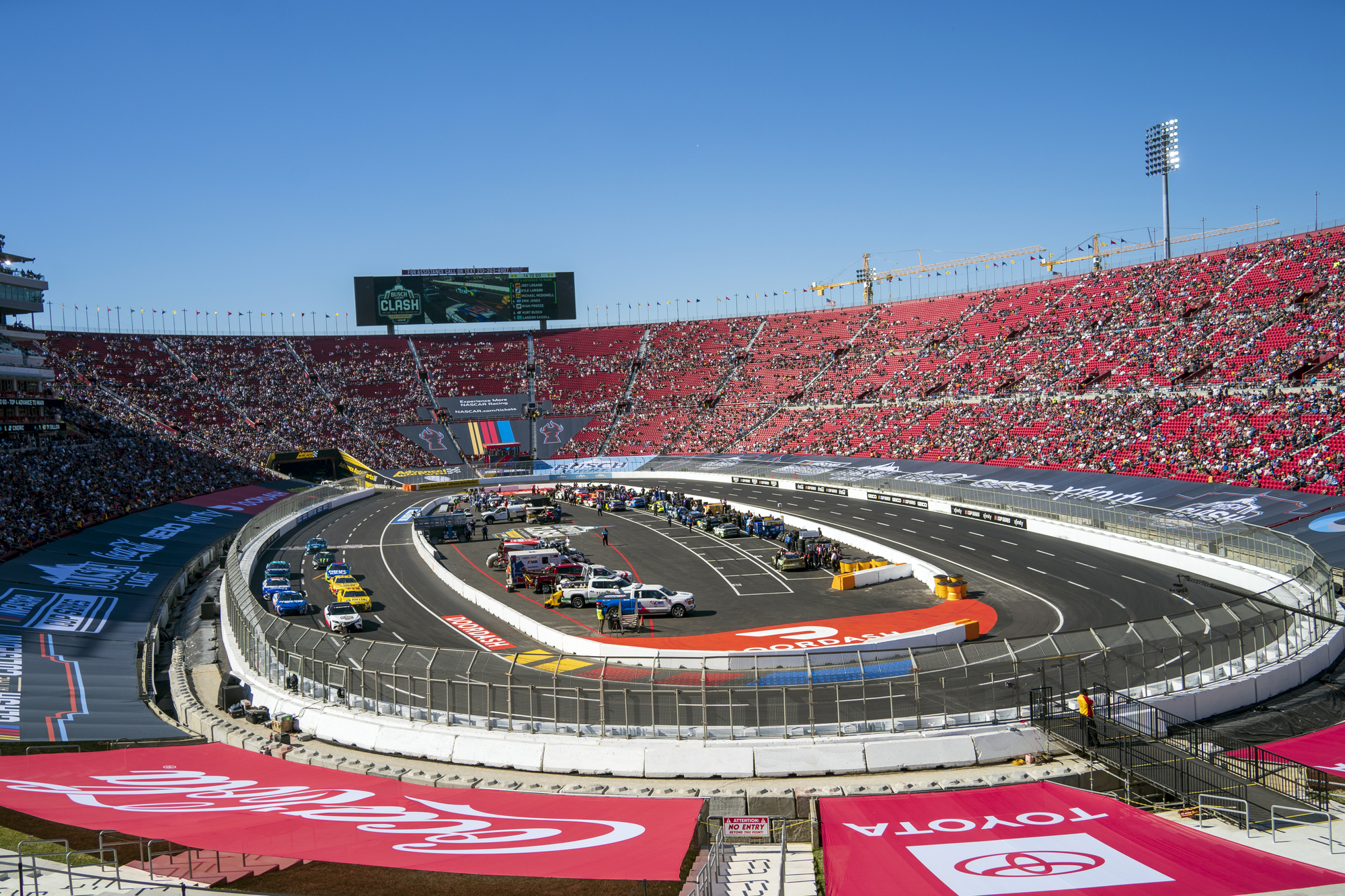
Do NASCAR drivers wear a catheter?
Some NASCAR drivers have been known to use a catheter, which is a small tube that is inserted into the bladder through the urethra, in order to relieve themselves during races. The catheter can be connected to a bag, allowing drivers to urinate without having to stop the car or get out of their seat.
However, it’s worth noting that the use of a catheter is not a requirement for NASCAR drivers, and not all drivers choose to use one. There are other options available to drivers who need to relieve themselves during a race, such as using a “relief bottle” (a small container that drivers can urinate into) or making a pit stop to use the facilities in the pit area.
Ultimately, the decision to use a catheter is a personal one, and it depends on the individual driver and their preferences. Some drivers may find that a catheter is a convenient and discreet way to relieve themselves during a race, while others may prefer to use a different method.
How do NASCAR drivers drink during a race?
NASCAR drivers need to stay hydrated during races, as they are confined to their cars for long periods of time and can lose a significant amount of fluid through sweat. Here are a few ways that NASCAR drivers have been known to drink during races:
- Use a drinking system: Many NASCAR drivers use a drinking system, which is a small tube that is attached to a water bottle or hydration pack. The tube runs from the bottle to the driver’s mouth, allowing them to drink without having to stop the car or take their hands off the steering wheel.
- Use a pit stop: If a driver needs to drink but cannot use a drinking system, they may choose to make a pit stop and take a drink while they are in the pit area. This can be done quickly, but it will cost the driver valuable time on the track.
- Drink during caution periods: During a caution period, when the race is temporarily stopped due to an accident or other issue, drivers are allowed to make pit stops and take care of their needs. This can include taking a drink or refilling their hydration pack.
It’s important for NASCAR drivers to stay hydrated during races, as proper hydration can help to improve their performance and prevent fatigue. Drivers and their teams work together to ensure that they are able to drink enough fluids during races to stay hydrated and focused on the track.
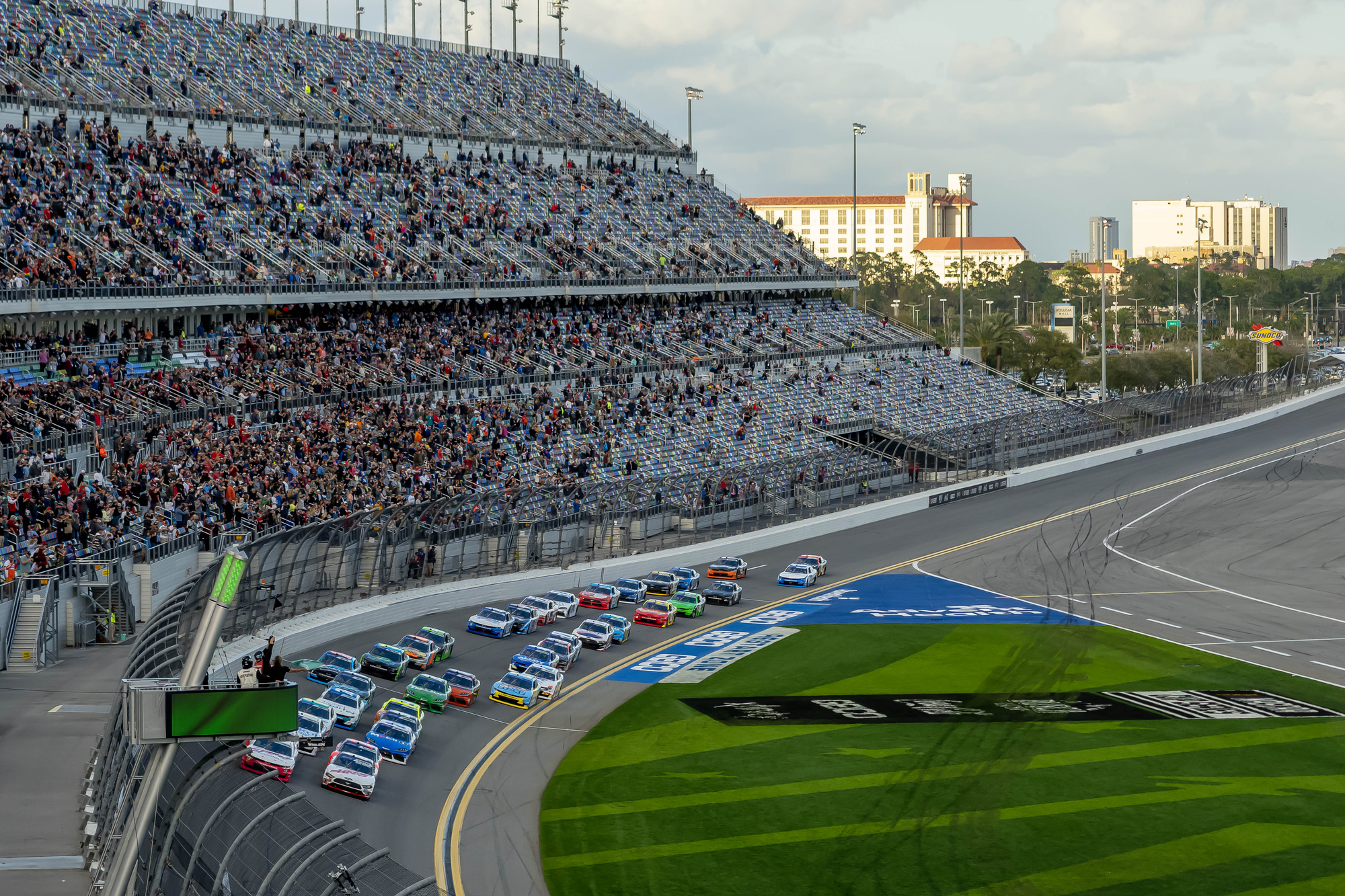
On the Track Tales: NASCAR Drivers’ Candid Confessions
Racing at breakneck speeds, NASCAR drivers face unique challenges, including the basic human need to relieve themselves during long races. Dale Earnhardt Jr., a legend in the sport, once candidly shared in an interview, ‘If you can’t hold it, you go. It’s as simple as that.’ This frank admission sheds light on the reality faced by drivers.
Similarly, Tony Stewart’s victory at Watkins Glen in 2004 while battling a stomach bug is a testament to the grit and determination required in this sport. These personal stories not only humanize these high-speed heroes but also highlight the less glamorous but very real aspects of racing.
Separating Fact from Fiction: The Truth About NASCAR Drivers’ Pee Breaks
One pervasive myth is that NASCAR drivers wear diapers during races. However, this is far from the truth. The reality is that the fire suits worn by drivers are not designed to accommodate diapers, and the addition of such items could pose a safety hazard.
Instead, drivers employ various strategies to manage their needs, from careful hydration to strategic pit stops. By understanding these realities, fans can appreciate the meticulous planning and physical control that goes into every race.
Insider Insights: What the Experts Say About NASCAR’s Unspoken Challenge
To gain a deeper understanding of how drivers manage during long races, we turned to NASCAR insiders and pit crew experts. They reveal that managing bodily needs is as much a part of race strategy as tire changes and fuel management.
Crew chiefs often work with drivers on hydration strategies to minimize the need for mid-race relief. ‘It’s all about balance,’ says a seasoned crew chief, ‘Too much fluid, and you’re in trouble; too little, and dehydration kicks in. It’s a fine line that drivers walk every race.’
Behind the Wheel: The Technicalities and Safety of NASCAR Racing
In the high-stakes world of NASCAR, every detail matters, including how drivers manage their physical needs during races. The design of the fire suit, a critical safety gear, is optimized for both protection and comfort. Contrary to popular belief, these suits aren’t designed to absorb or contain fluids; instead, they are made to protect the driver from fire and extreme heat. Understanding these technical aspects underscores the challenges drivers face and the importance of safety in every aspect of NASCAR racing.

